Every year on March 8, as in most other countries, we celebrate International Women’s Day in the Netherlands. Of course, you do not want to miss that. Visit “The Viva la Vulva Festival” in Amsterdam or attend concerts and events all over Holland. But there is a lot more to the Dutch historic struggle for women’s rights. Women’s Day represents a sense of militancy, standing up for women’s rights and improving the lives of girls and women. Moreover, we stand up and show solidarity with struggling women from over the world.
➔ READ MORE – The Viva la Vulva Festival Amsterdam
➔ READ MORE – International Women’s Day events all over Holland
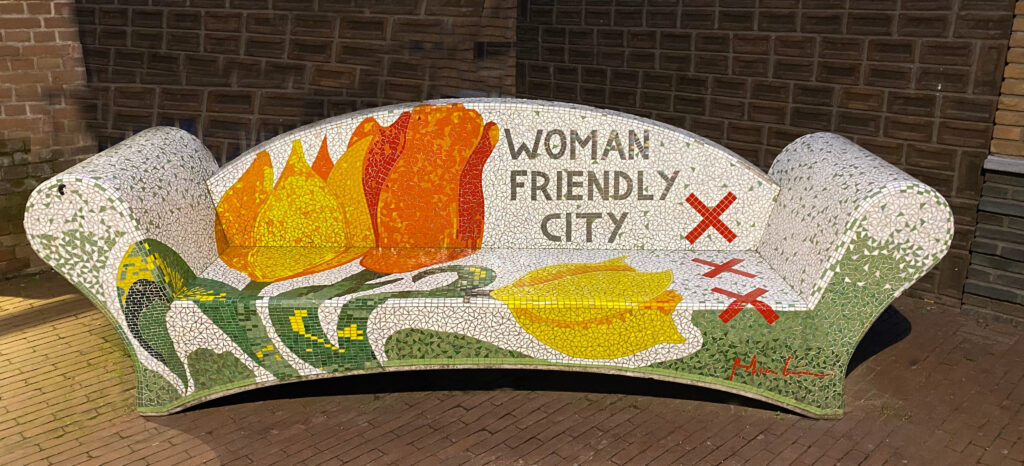
International Women’s Day is a Public Holiday according to the United Nations
The United Nations recognizes International Women’s Day as a yearly public holiday on March 8. Unfortunately, in the Netherlands Women’s Day is not a day off yet. The first Women’s Day ever was proclaimed in Copenhagen in 1910 at the International Women’s Conference. About 100 men and women from 17 countries attended the first International Women’s Conference.
➔ Agenda International Women’s News, Meetings, Projects and Events
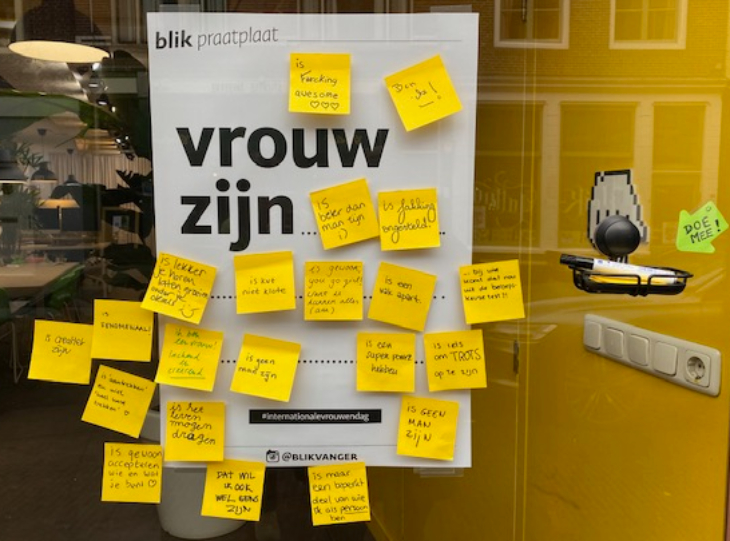
Remembering Women Striking in 1908 on March 8 in New York
March 8 is the date for International Women’s Day because a massive strike of female textile workers shook up New York on March 8 in the year 1908. Women in New York stand up against appalling working conditions in the textile industry. A few years later women in St. Petersburg the girls also stood up for better conditions in the textile industry.
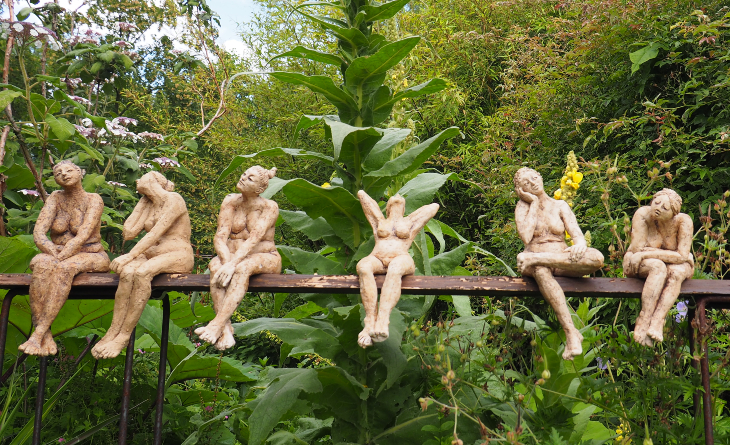
International Women’s Day in the Netherlands
The first feminist wave in the Netherlands took place between 1850 and 1920. The most famous Dutch feminist at this time was Aletta Jacobs. UNESCO has recognized the Aletta Jacobs archive as UNESCO heritage and included it in the Memory of the World. Aletta Jacobs was the first woman in the Netherlands to attend a High school; called the Hogere Burger School (HBS) in Holland. Moreover, she was the first woman to attend university. The first woman to become a doctor and the first to receive a Ph.D. Later in her life, Aletta Jacobs became head of the Association for Women’s Suffrage. An admirable woman and pioneer in feminism who has meant a lot to women.
➔ UNESCO – Aletta Jacobs Archive
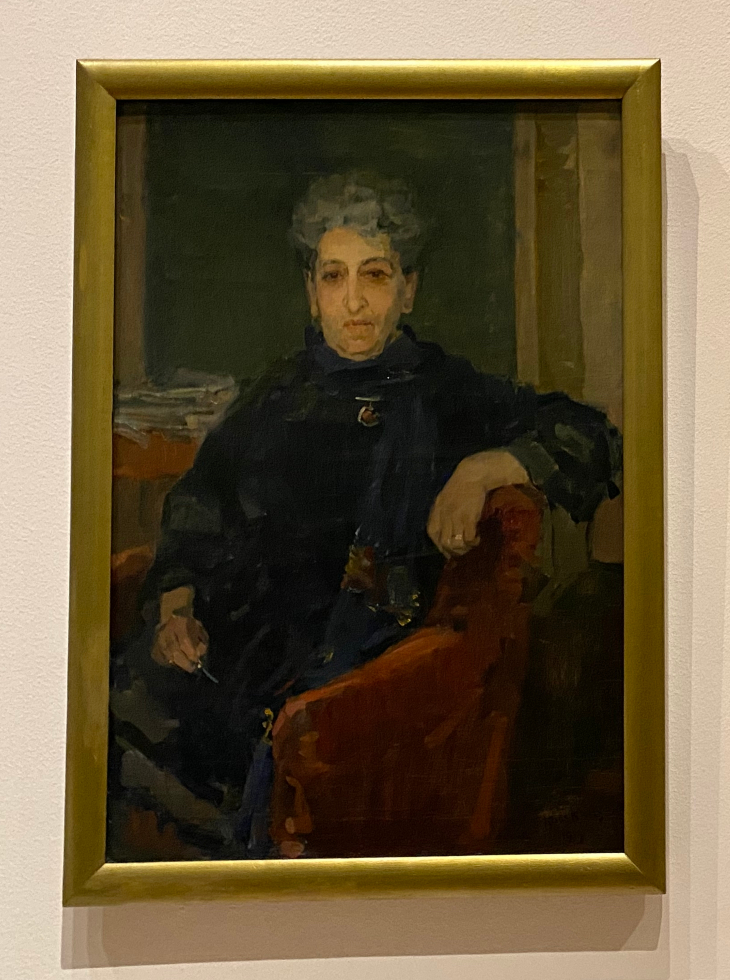
Right to Vote for Women
In 1917, the Constitution allowed women to stand for election and women’s suffrage gets a legal basis. In 1919, women in the Netherlands got the right to vote for the House of Representatives, the Provincial Council, and Municipal Councils. so, in 1920 women could vote, just like men.
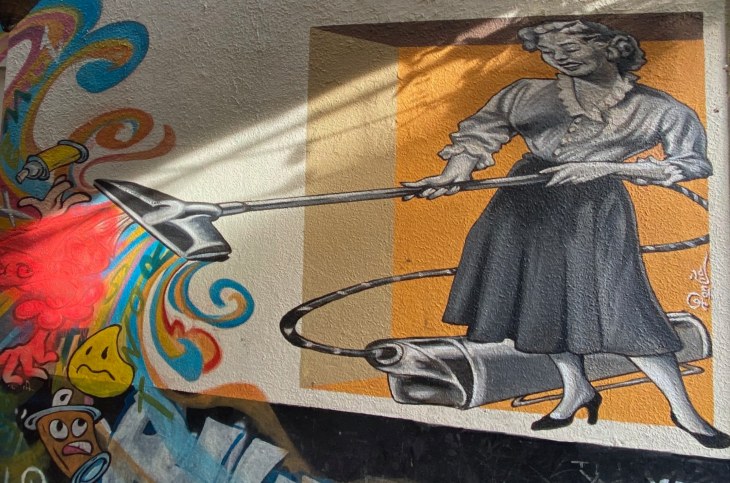
Act of Legal Competence of Married Woman
Until 1956, the so-called “Act on Legal Competence of Married Women” determined female life in the Netherlands. Believe it or not: a married woman was declared legally incompetent until 1957 because of this law. A married woman was not allowed to withdraw money from the bank, not take out insurance, and had to ask her husband for money for groceries. Many married women received the so-called “household money” from their husbands. A shame. This was unacceptable and not only because Women had been an important part of the armed resistance during the Second World War.
➔ Truus van Lier, recistants woman WW2
Act of Legal Incompetence abolished
The government abolished the “Act of Legal Incompetence” in 1957. Then married women can have a job. Can open a bank account, and travel without their husband’s permission. But the awful tradition that a woman employed by the government is dismissed from government employment on the day of her wedding remains. Until 1971, Dutch law stated that the man was the “head of the marriage union” and his wife owed him “obedience. Feminists are strongly against this legal construction. A struggle begins. Feminists want men and women to have equal rights.
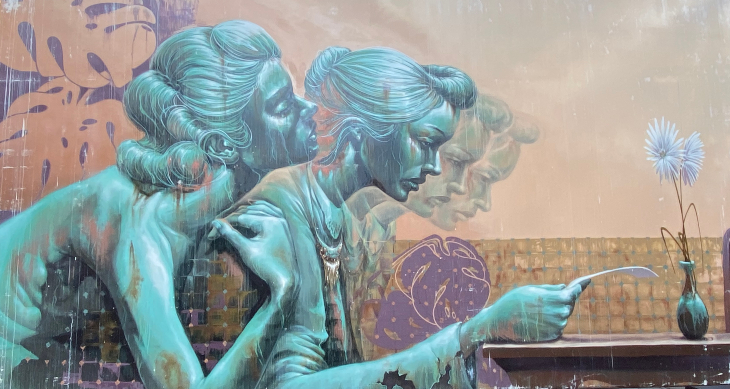
“Dolle Mina” created a feminist wave in the 1960s.
A strong feminist wave hits the Netherlands at the end of the 1960s. Widespread resistance against unjust laws and antiquated morals stirred up the country.
In 1969 a left radical feminist action group “Dolle Mina” showed up in the Netherlands. The action group wants to improve women’s rights with playful actions. One of the actions gets the slogan “Be the Boss in your own Belly”. These Dolle MIna’s emphasize the right to abortion and the use of contraceptives. A very provocative action is the storming of Nijenrode Castle. A University, only accessible to male students, is situated at this castle.
Dolle Mina wants a radical change in Society
The goal of the feminist action group Dolle Mina is to achieve the following list of results:
Equal pay for equal work
More and better sex education and education in general
The end of the double sexual morality
Effective birth control and self-decision about abortion (‘Boss in your own Belly’)
Equal education for boys and girls
Expansion of the number of childcare centers: creches, playgroups, rest facilities, and safe children’s play areas
No slave role for the housewife
No subordination of the married mother
Work for the married woman, if that is her wish
Public toilets for women
All university courses open to women and general improvement of education
Abolition of the ‘Miss Elections’
International Women’s Day: Where are you on March 8th?
You can visit activities on March 8 throughout the Netherlands. Both in cities and villages. Women’s organizations set up events and festivals in theaters, museums, universities, and schools. Shops respond to Women’s Day as well with special offers and discount promotions.
➔ Click here to see what activities are organized on International Women’s Day in the Netherlands
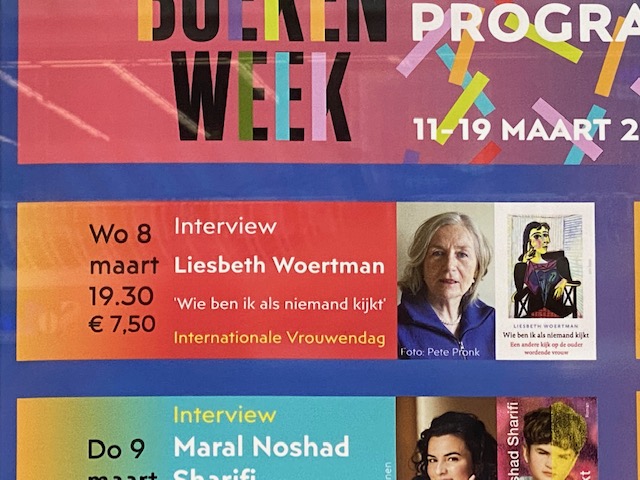
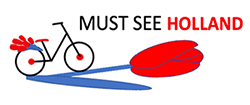
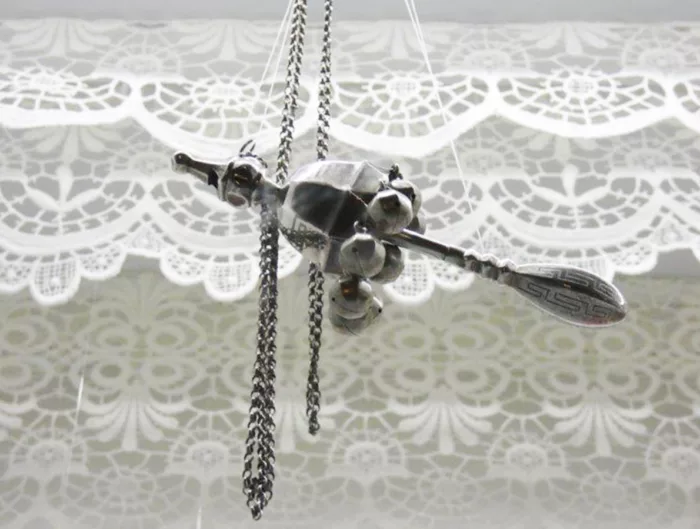
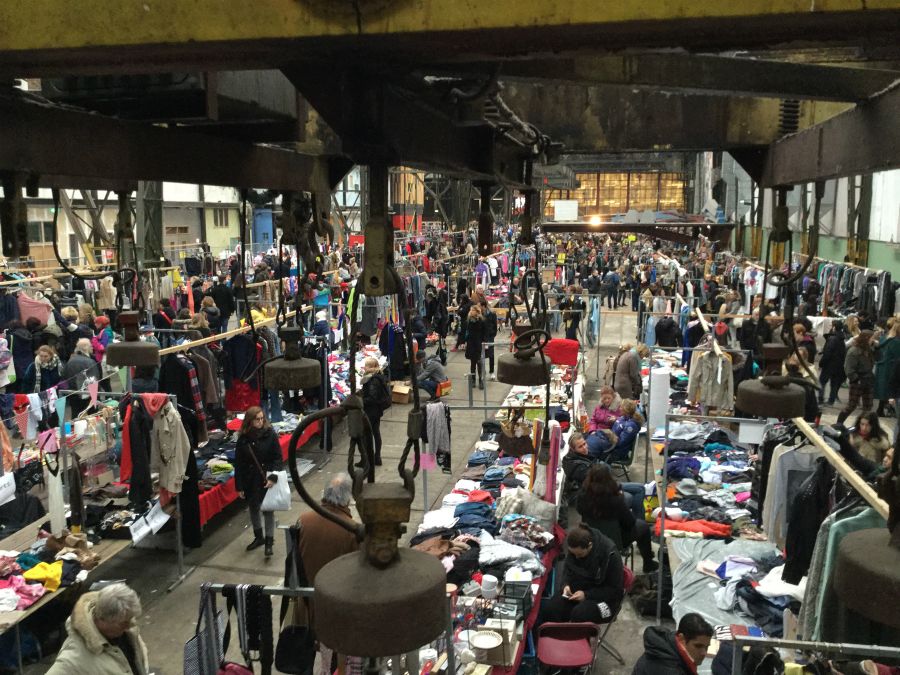





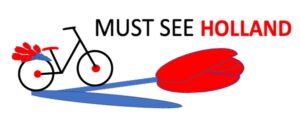
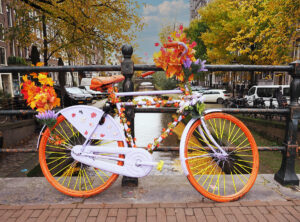
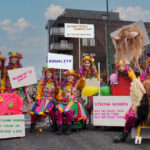
Leave A Reply